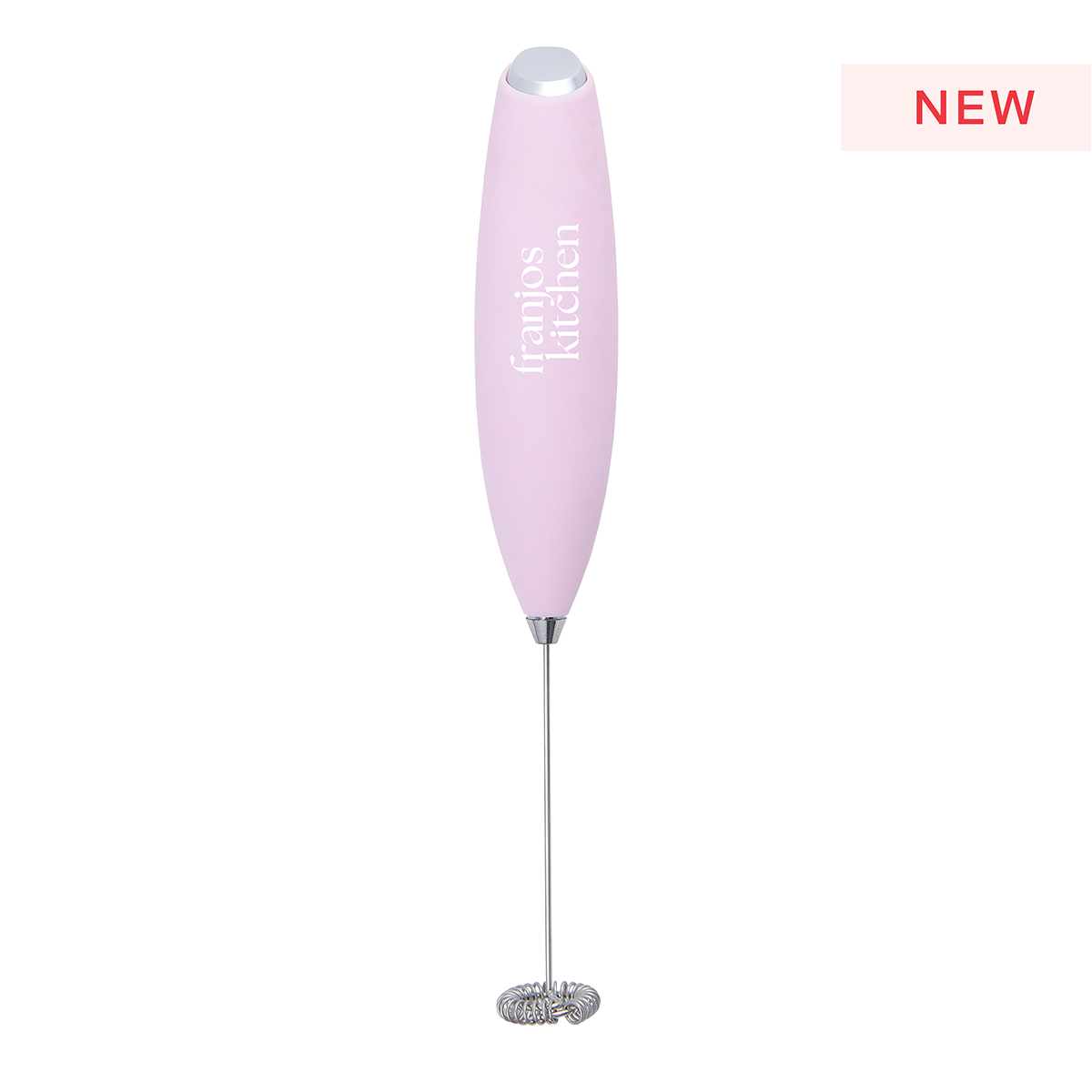Go-to Pregnancy Supplements
How are you going with your daily pregnancy supplements?
Here is a list of my go-to supplements for pregnant mums and why they are beneficial.
|
B9 (Folic acid) |
One of the most important nutrients for foetal development and it reduces the risk of spina bifida. You need to be taking 500mcg per day.
|
|
B complex |
Including B1, B2, B3, B5, B9 and B12 – Super important for your (mama’s) nervous system (helps to reduce stress) and energy pathways. Also necessary for embryonic development. You need to take a minimum of 50mg of each of the above B vitamins except for B9 and B12 where you need 500mcg per day. |
|
Omega 3’s
|
Most of us get enough omega 6 and 9 from our diets. Omega 3 on the other hand is tougher and the ratio to 6 and 9 is a little off balance. We need to up our Omega 3’s…. They are necessary for hormonal balance, foetal brain and cognitive development, cell division and tissue formation in addition to maternal brain maintenance and overall health.
Omega 3 is made up of EPA and DHA – the DHA component of omega 3 and is the bit you and your baby really need. Both are necessary but make sure you getting more than enough of DHA.
Per day: DHA – 300-800mg EPA – 600-1200mg
|
|
Zinc |
Zinc assists with cell division, cell and tissue formation and hormonal production. Assists in maintaining healthy immune function and may help with reducing miscarriage risk.
25- 50mg per day
|
|
Selenium |
Commonly deficient in Australian women. Important for thyroid function and hormone regulation. Selenium to reduce the risk neural tube defects, SIDS and first trimester miscarriages.
200 - 400mcg per day |
|
Vitamin D |
Another commonly deficient nutrient. Links with low birth weight babies. Vitamin D is necessary for immune function and also blood sugar regulation as well as foetal and skeletal growth and infant tooth mineralisation.
1000-3000IU per day
|
|
Iodine |
Need increases during the first trimester. Up to 50% of pregnancy and breastfeeding women are deficient. Important for foetal brain and nervous system development and to reduce the risk of miscarriage. Also necessary for mum’s reproductive tissues.
200-300mcg per day.
|
|
Choline |
Necessary for early foetal development, brain development and cognitive function in the newborn.
200-500mg per day
|
|
Betacarotene (precursor to Vitamin A) |
Betacarotene acts as an antioxidant and will not increase the risk of birth defects.
5-10mg per day
|
|
Vitamin E |
Helps to stabilise cell membranes and strengths capillary walls therefore can assist in reducing the possibility of miscarriages associated with this.
200-1000IU
|
|
Magnesium
|
Can assist with energy production for mum and nervous system health. Eye twitching and leg cramps are common signs of deficiency.
300-800mg per day
|
|
Calcium |
From 12 weeks calcium absorption doubles and storage peaks in the 3rd trimester. Calcium can reduce the average risk of preterm birth, pre-eclampsia and hypertension. The recommended daily intake is the same as non pregnant women but supplementation is advised to reach recommended intake amounts.
600mg per day
|
|
Iron |
Depending on your status and digestive systems ability to absorb iron you may need additional iron. It is mostly required in the 2nd and 3rd trimester when there is increased maternal and red blood cells from the developing baby and placenta.
Important for reducing the risk of pre term delivery, low birth weight and delayed development of the central nervous system of the baby.
27gm per day is required
|
|
Probiotics
|
Probiotics have been well researched and it has been demonstrated that they can play a major role in preventing autoimmune diseases, digestive disorders and atopic conditions (e.g. eczema). They can also assist with nausea when associated with constipation as well as candida and urinary track infections.
Be it known that one product will not suit all. You need to consult with your practitioner who can establish which strain / strains of probiotics are best for you and your needs. |
|
CO Q 10 |
Supports cellular function and growth of the foetus. Very important for energy production and may help with overall energy levels.
100-600mg per day
|
Most of the above nutrients can be found in adequate dosages in quality pregnancy and breastfeeding multi vitamin supplements. For some pregnant mums, you may require extra zinc, vitamin D, iron, calcium, iodine, probiotics, Co q 10 and also antioxidants like vitamin C.
Ensure you are consulting with a practitioner trained in nutrition to ensure you are taking the correct dosage for YOU.


